May 19, 2025 | 05:09 GMT +7
May 19, 2025 | 05:09 GMT +7
Hotline: 0913.378.918
May 19, 2025 | 05:09 GMT +7
Hotline: 0913.378.918
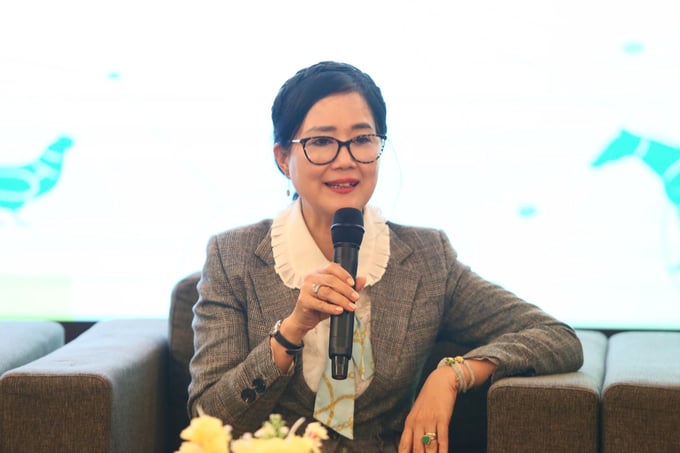
According to the representative of the Association of Farms and Agricultural Enterprises, businesses are increasingly focusing on ensuring input quality and demonstrating compliance through certifications such as ISO 22000:2018. Photo: VAN.
At the training workshop on enhancing food safety on December 6, Mrs. Ha Thuy Hanh, Vice President of the Farms and Agricultural Enterprises Association, stated: "Businesses are increasingly focusing on ensuring input quality and demonstrating compliance through certifications such as ISO 22000:2018." This is a food safety management standard based on the HACCP method, which helps minimize risks and build a safe food supply chain.
In addition to ISO 22000:2018, other certifications such as Halal, Global GAP, and animal welfare are also mandatory for businesses wishing to enter demanding export markets. However, Ms. Hanh noted that some businesses, after obtaining certifications, do not renew them once they expire, mainly due to high costs. Maintaining these certifications sustainably needs to be emphasized to protect customer trust and enhance product value and quality.
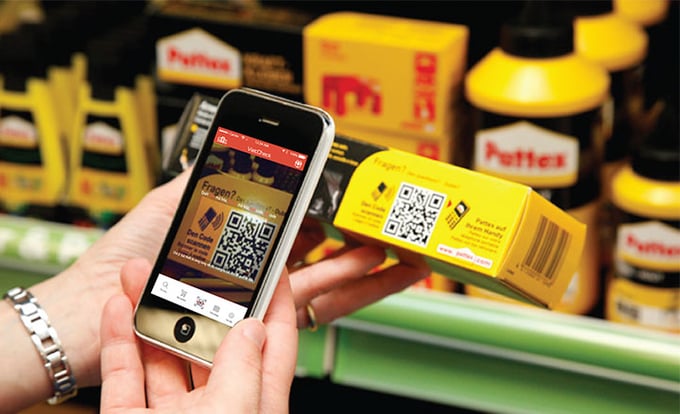
Blockchain technology, with its advanced techniques, offers advantages such as being tamper-proof and indestructible, ensuring transparency and high reliability. Photo: Illustration.
"In the digital age, product information transparency is a key factor in helping businesses gain consumer trust," remarked a representative of the Farms and Agricultural Enterprises Association.
Tools like blockchain and QR codes are being widely adopted, enabling customers to easily access information about product origins and production processes. This not only ensures transparency but also enhances supply chain management efficiency.
Blockchain technology, with its advanced features, offers several key advantages: it is tamper-proof, ensures transparency, eliminates dependence on intermediaries, operates in a decentralized manner, and provides high reliability. Studies in Vietnam and globally have confirmed that blockchain is a leading solution for authentication systems, delivering safe, intelligent, and effective responses to the increasing demands of businesses and consumers alike.
In cases of health risks at any stage of the supply chain, a robust traceability system is essential to identify products that fail to meet food safety standards and industry regulations. Blockchain technology, with its groundbreaking capabilities and decentralized structure, provides optimal support in these situations.
Sharing insights on the efforts of businesses to enhance food traceability, Ms. Ha Thuy Hanh also called for support from journalists to spread awareness about the dedication of enterprises to meet food safety standards, particularly as Vietnamese agricultural products expand into international markets.
"In the context of agricultural exports, traceability and food safety assurance are the keys to building consumer trust and maintaining a strong position in global markets. I hope the efforts of businesses will be widely recognized, contributing to the development of a safe and sustainable agricultural sector," Ms. Hanh expressed.
Currently, Vietnam has enacted legal regulations such as the Law on Livestock, Law on Veterinary, and food safety standards. Farms are certified to meet livestock and disease safety requirements. However, to enhance effectiveness, more efforts are needed to promote certified farms and provide solutions for sellers, including upgrading equipment, improving farm hygiene, and enhancing slaughterhouse facilities.
Translated by Kieu Chi

(VAN) Deputy Minister Nguyen Quoc Tri also expressed his hope that Cuba will soon overcome its current challenges, attain food security, and further expand cooperation with Vietnam.

(VAN) The project contributes to enhancing the resilience of communities vulnerable to the impacts of climate change, with a primary focus on local women.
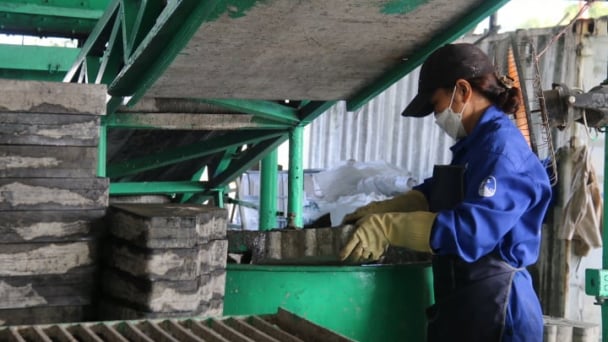
(VAN) Green materials help save energy and resources. However, after more than 10 years, Vietnam has only developed over 200 green buildings with more than 6 million square meters of floor space.
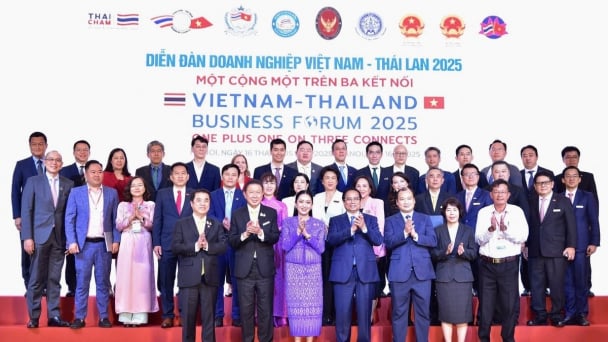
(VAN) Vietnam - Thailand Business Forum 2025: One plus one on three connects, marking a milestone in the comprehensive strategic partnership between the two nations.

(VAN) The United Nations designated 22 May as the International Day for Biodiversity 2025 with the theme 'Harmony with nature and sustainable development.'
![Multi-channel, multi-directional Vietnamese agricultural markets: [8] A national strategy is needed](https://t.ex-cdn.com/nongnghiepmoitruong.vn/608w/files/phucpm/2025/05/15/1435-thi-truong-nong-san-viet-da-kenh-da-huongbai-8-can-mot-chien-luoc-quoc-gia-084750_728.jpg)
(VAN) The Chairman of Hung Nhon Group shared: ‘Opening up and tapping into new markets is the right and strategic direction for Vietnam's agricultural sector.’
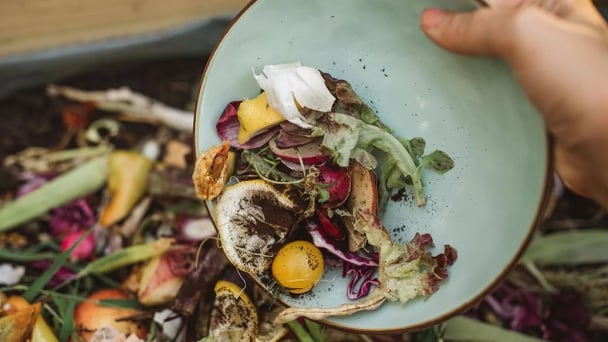
(VAN) Food waste has become a serious issue in modern society, especially in rapidly urbanizing and developing cities like Hanoi.